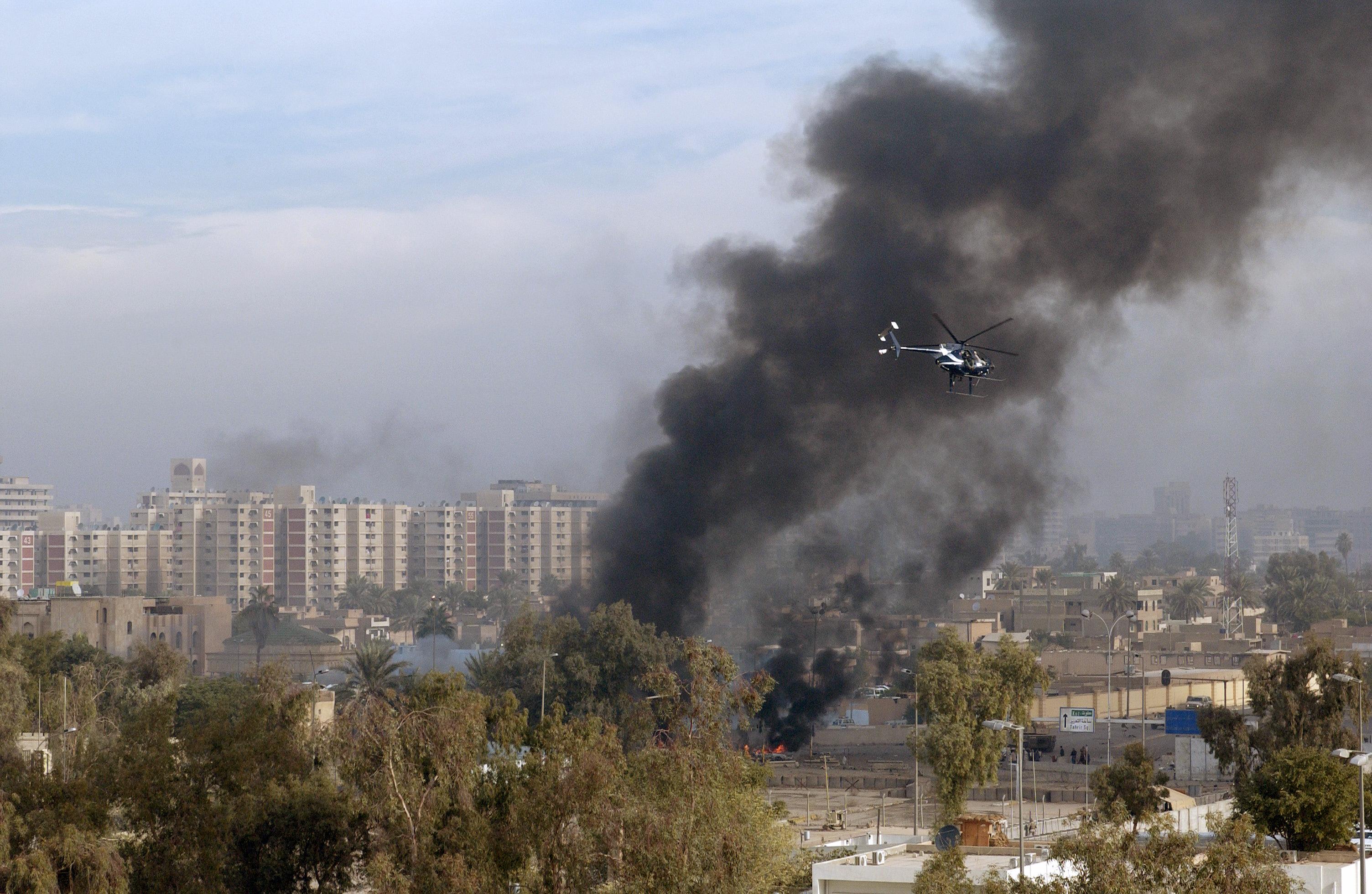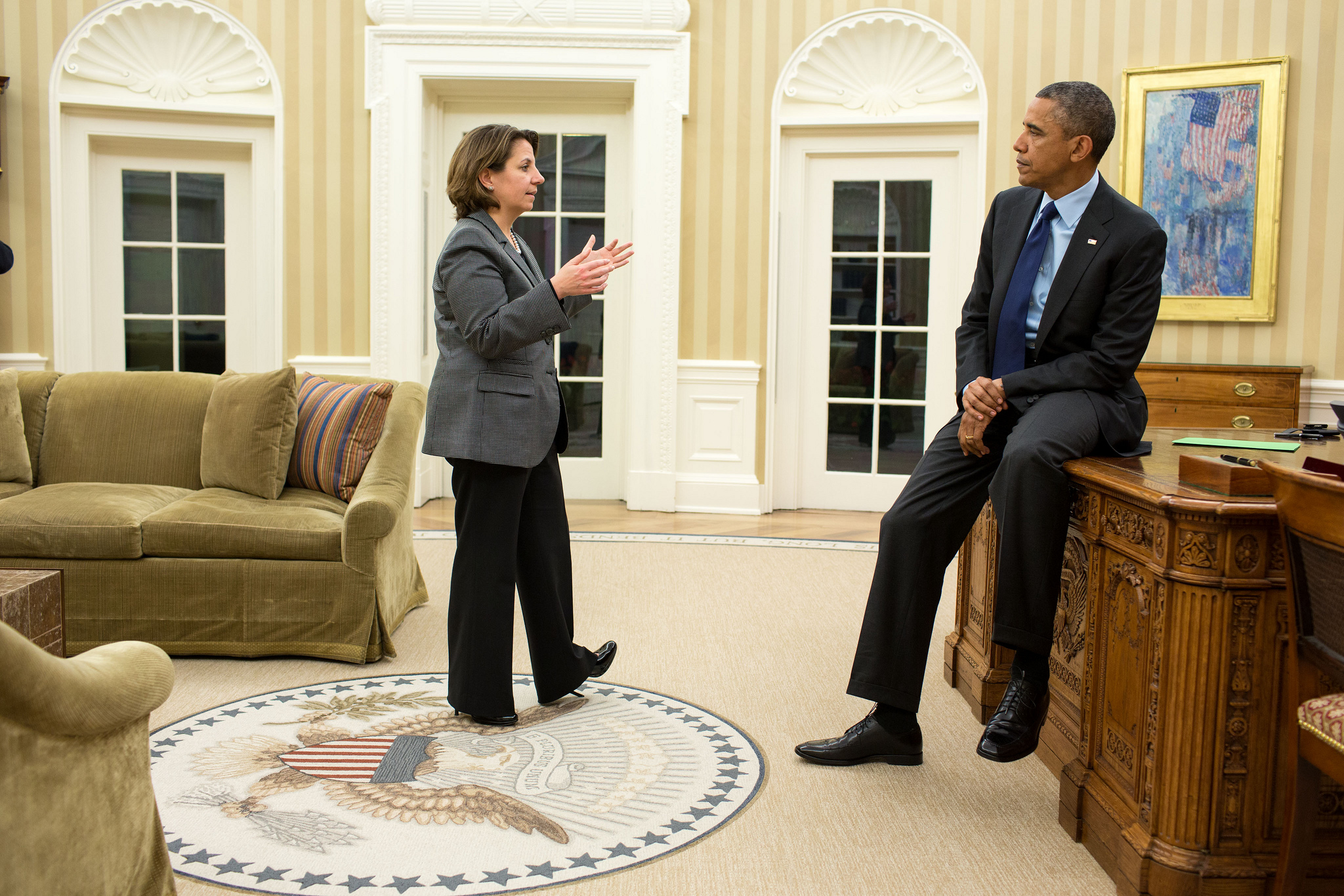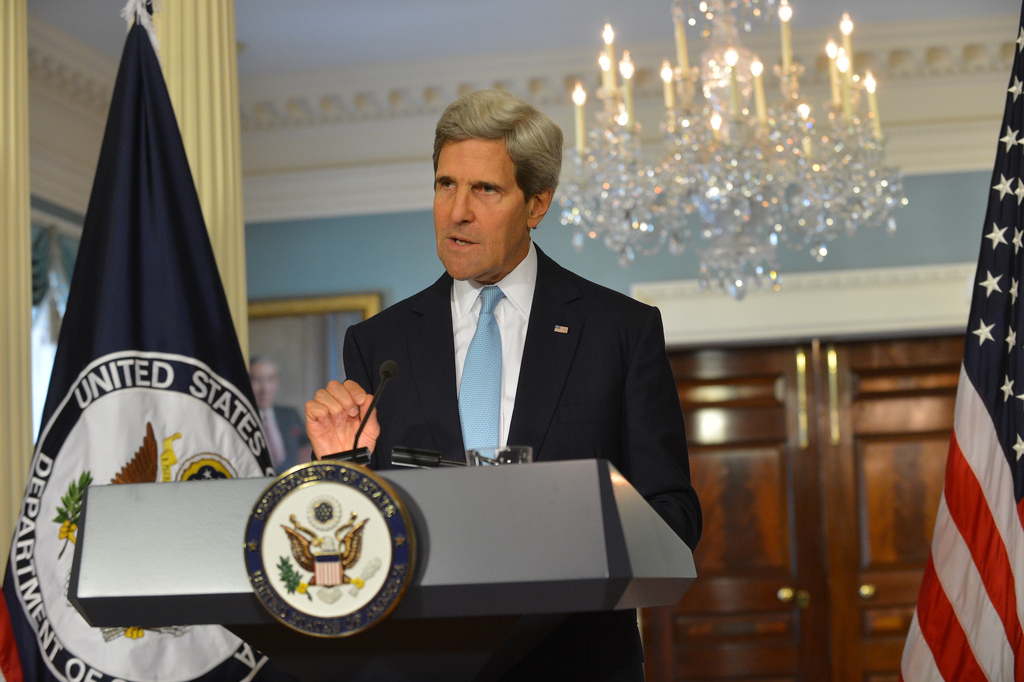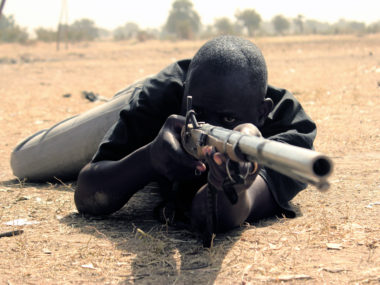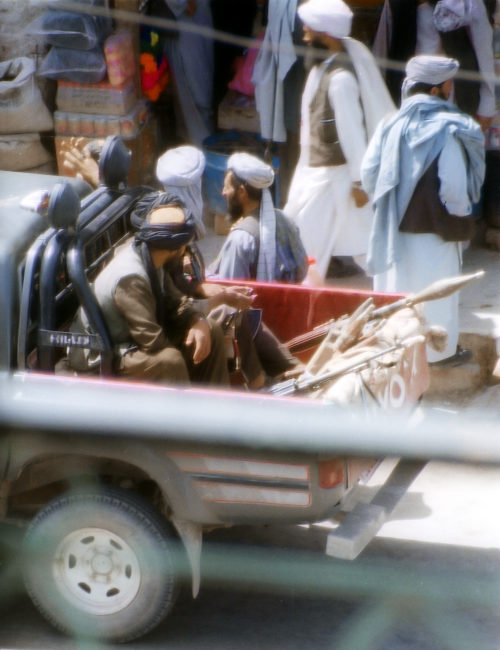By Deborah Avant and Kara Kingma Neu for Denver Dialogues.
We know a lot about private security from analyses of its use in individual instances. Case studies of Sierra Leone, Angola, Croatia, Iraq, and Afghanistan have yielded important insights relevant to governments or others that might hire private military and security companies (PMSCs) and those who operate around them. In the last 10 years or so, scholars have begun to collect data to examine the industry and its potential impacts. Thus far, the data has focused on contracts with PMSCs – in either Africa or failing states. As we discuss in our recent article, the Private Security Events Database (PSED) allows a broader scope, covering events involving PMSCs in three regions (Africa, Latin America, and Southeast Asia) from 1990-2012.
The PSED is based on news reports of specific happenings (at particular places and times) and collects information about the PMSC and what it did, in whose service, to whom, in what context, and with what specific consequences. For instance, the PSED picks up widely known PMSC involvement in the Angolan civil war through reporting on events, such as a December 16, 1998, offensive on Huambo during which rebel-hired PMSCs were killed. What does this broader vantage point tell us about private security more generally?
First, the data show that the use of private security is increasing. Events involving PMSCs have increased steadily since 1990 (Figure 1).
Figure 1: Reported events involving PMSCs over time
The data also highlight variation in PMSC across regions. PMSC related events are more prevalent in Africa (57%) relative to both Latin America (29%) and Southeast Asia (14%).
Some patterns are more surprising, though. For instance, many reports involve PMSCs simply performing their prescribed activities or responding to crime; fewer indicate PMSC involvement in contentious events. And most events were not accompanied by allegations of abuse. As Figure 2 shows, much of the reporting involving PMSCs is in the context of routine work, followed by crime events (by the PMSCs or others). However, both Africa and Southeast Asia report significant numbers of PMSC involvement in violence (pro-government, anti-government, extra-government, intra-government, or commercial).
Figure 2: The context of PMSC events, by region
We also know more about what services PMSCs are providing. Most involved in events were providing site security, or the protection of a particular place. This is followed by operational support, which includes a variety of services in the midst of military operations including command and control, accompanying forces in the field, and support for particular weapons systems. Though other activities make the news, particularly training, these are much less likely to be reported as part of an event.
Who hires PMSCs? Most events involve PMSCs employed by national governments (22%) or local commercial actors (26%). News reports reflected fewer events with PMSCs working for transnational commercial actors (such as extractive companies) or civilians (such as gated communities). In nine percent of events, PMSCs were reportedly working for rebel groups.
The vast majority of the private security personnel captured in our events work for unnamed, probably local, PMSCs. While governance of private security at the global level has grown, many of the companies that are members of the International Code of Conduct Association (ICoCA) and/or certified to private security standards are larger, transnational PMSCs. Our data suggests an important set of private security providers at the local level and reinforces the importance of regulation that targets this level.
The PSED also captures human rights abuse allegations associated with PMSCs. The numbers of reported human rights allegations have risen unevenly over time (Figure 3).
Figure 3: Allegations of human rights abuse associated with PMSCs
Allegations of abuse have generally followed an upward trajectory, but have varied significantly across time and region. Allegations have remained relatively low in Southeast Asia throughout the time period, while they have risen in both Latin American and Africa, with occasional sharp spikes. In Africa, most abuse events involved national government clients; in Latin America, local commercially-hired PMSCs were most associated with abuse allegations. In Southeast Asia, abuse events are more evenly distributed across client types. Overall, though, allegations of abuse were greater in Latin America than Africa and Southeast Asia and reporting on allegations of abuse have risen on pace with reporting on PMSC involvement in events.
We have only begun to plumb this data and see how it relates to other variables such as levels of social conflict, government competence, and economic activity. All signs suggest this will only grow more important. More than ten years since Blackwater’s Nisour Square shooting, news of PMSCs working for governments and commercials actors has continued – as recent reporting on China, Venezuela, and Yemen, to name just a few, attests. We hope the PSED is a resource for scholars and practitioners seeking to better understanding this industry and improve its behavior.

